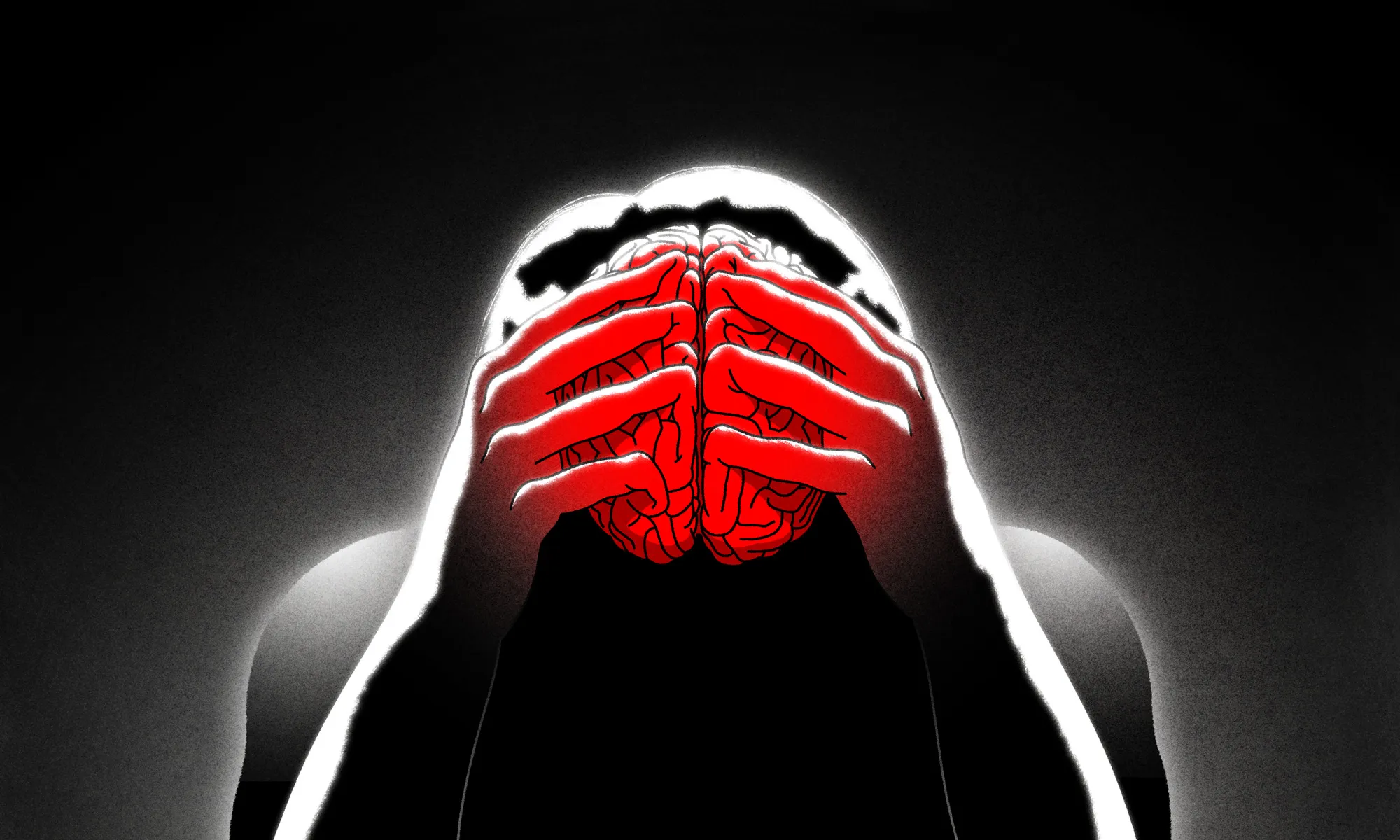In the fast-paced world we inhabit, sleep often gets relegated to a secondary concern, overshadowed by work deadlines, social obligations, and digital distractions. Yet, the relationship between quality sleep and mental health is profound and multifaceted. Understanding this connection can illuminate why prioritizing rest is crucial not only for our physical well-being but also for our mental and emotional stability.
The Science of Sleep
To grasp how sleep impacts mental health, it’s essential to understand what constitutes quality sleep. Sleep is divided into various stages, including Rapid Eye Movement (REM) and non-REM sleep. Non-REM sleep includes light and deep sleep stages, with the latter being critical for physical restoration and memory consolidation. REM sleep, on the other hand, is associated with vivid dreaming and emotional regulation. Each stage plays a unique role in ensuring the brain and body function optimally.
During sleep, the brain processes and organizes information gathered throughout the day, a function crucial for cognitive performance and emotional balance. Adequate and uninterrupted sleep allows for a full cycle through these stages, fostering memory retention, problem-solving skills, and emotional resilience.
Sleep and Emotional Regulation
One of the most direct ways sleep affects mental health is through emotional regulation. Research has shown that insufficient sleep impairs the brain’s ability to process emotions effectively. A lack of sleep can lead to heightened emotional reactivity and difficulty managing stress, making individuals more susceptible to mood disorders such as anxiety and depression.
During REM sleep, the brain processes and integrates emotions, helping to regulate mood. Without enough REM sleep affect mental health, individuals may struggle with emotional stability, leading to increased irritability and difficulty coping with daily stressors. This disruption can exacerbate existing mental health conditions or contribute to the development of new ones.
Cognitive Function and Mental Clarity
Quality sleep is crucial for cognitive functions such as attention, problem-solving, and decision-making. Chronic sleep deprivation can impair these cognitive processes, leading to difficulties in concentration, memory problems, and slower reaction times. These cognitive deficits can have significant repercussions for mental health, as impaired cognitive function often leads to increased frustration and decreased self-esteem.
Furthermore, sleep deprivation has been linked to a reduced ability to engage in complex thinking and creative problem-solving. This can create a vicious cycle where individuals struggling with mental health issues find it harder to manage their condition due to impaired cognitive abilities.
The Link Between Sleep Disorders and Mental Health Conditions
Sleep disorders, such as insomnia and sleep apnea, are closely linked to mental health issues. Insomnia, characterized by difficulty falling or staying asleep, is both a symptom and a contributing factor to mental health disorders. Individuals with insomnia often experience heightened levels of anxiety and depression, and these conditions can exacerbate sleep difficulties, creating a detrimental feedback loop.
Sleep apnea, a condition where breathing is repeatedly interrupted during sleep, is also associated with increased risks of depression and anxiety. The fragmented sleep caused by sleep apnea prevents individuals from reaching restorative sleep stages, leading to daytime fatigue and cognitive impairment, which can worsen mental health symptoms.
The Impact of Sleep Hygiene
Improving sleep quality is not solely about increasing sleep duration but also about adopting healthy sleep habits, known as sleep hygiene. Practices such as maintaining a consistent sleep schedule, creating a restful sleep environment, and avoiding stimulants before bedtime can significantly enhance sleep quality. Additionally, engaging in relaxation techniques, such as mindfulness or deep breathing exercises, can promote better sleep and support mental health.
Maintaining good sleep hygiene helps regulate the sleep-wake cycle and promotes the natural flow of sleep stages. This not only improves overall sleep quality but also contributes to better emotional regulation and cognitive function.
The Role of Lifestyle Factors
Several lifestyle factors influence sleep quality and, consequently, mental health. Physical activity, for example, is known to improve sleep by helping to regulate the sleep-wake cycle and reduce symptoms of anxiety and depression. Similarly, a balanced diet rich in nutrients can support overall health, including better sleep quality. Conversely, excessive caffeine and alcohol consumption can interfere with sleep and contribute to mental health issues.
Conclusion
In essence, quality sleep is a cornerstone of mental health, impacting emotional regulation, cognitive function, and overall well-being. By understanding and prioritizing sleep, individuals can improve their mental health outcomes and lead a more balanced and fulfilling life. As research continues to uncover the intricate relationship between sleep and mental health, it becomes increasingly clear that achieving restful sleep is not merely a luxury but a fundamental aspect of maintaining mental and emotional health. Thus, embracing the science of sleep and integrating healthy sleep habits into daily life is essential for nurturing both body and mind.



